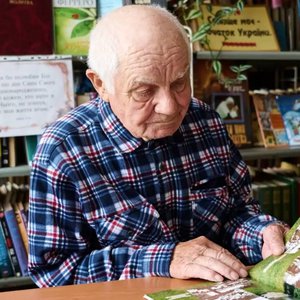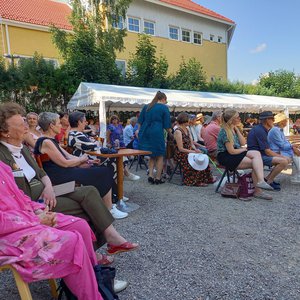In today's workplace, facilitation has become a central part of the workplace. A good facilitator not only leads meetings, but also helps a group achieve their goals, increase engagement, and improve collaboration. But what exactly are facilitation skills, and what skills set an excellent facilitator apart from the rest? In this article, we'll explore ten key skills that every effective facilitator should have.
1. Listening skills
One of the most important facilitation skills is listening. An effective facilitator knows how to listen actively in a way that makes participants feel heard and understood. A good listener also notices nonverbal messages and can read group dynamics.
2. Neutrality and impartiality
The facilitator's job is not to present their own opinion, but to help the group find a common vision. Neutrality means maintaining fairness and ensuring that all voices are heard. This requires the ability to remain impartial even in challenging situations.
3. Clear communication
A facilitator needs strong communication skills. They must be able to explain complex issues simply, summarize the discussion, and guide the group forward with clear instructions. Clear communication helps reduce misunderstandings and keeps the discussion focused.
4. Understanding group dynamics
Every group has its own dynamics. An effective facilitator understands how different personalities, roles, and interaction styles affect the way they work together. This skill helps to identify potential conflicts early and support a constructive atmosphere.
5. Conflict management
Facilitation is not always smooth and easy. Sometimes discussions escalate or participants get into disagreements. A good facilitator knows how to deal with conflicts constructively and guide the group back towards a common goal. This requires calmness, empathy and the ability to mediate.
6. Flexibility and adaptability
Even with a carefully planned agenda, situations can change quickly. Flexibility is one of the most important facilitation skills — the ability to adapt to the needs of participants and the demands of the situation without compromising the overall outcome.
7. Time management
A good facilitator ensures that discussions proceed on time and goals are achieved within the agreed timeframe. Time management is an essential skill that helps maintain energy and focus throughout the work.
8. Building trust
Trust is the foundation of all collaboration. The facilitator must be able to create a safe space where participants feel free to share their thoughts and be open. Building trust requires authenticity, consistency, and respect for everyone.
9. Visualization skills
Many people understand things better visually. The facilitator uses a variety of visual methods — such as flip charts, post-it notes, or digital tools — to clarify ideas and promote shared understanding. Visualization is an excellent way to summarize the most important points of the discussion.
10. Energy maintenance
Last but not least, the facilitation skill is maintaining energy. Long workshops or intensive meetings can drain a lot of energy from participants. An effective facilitator knows how to pace the work, introduce appropriate breaks and activating elements to keep participants motivated.
Why are facilitation skills so important?
Good facilitation skills don’t just improve meetings or workshops — they strengthen the culture of the entire organization. When a facilitator effectively guides groups, better ideas, decisions, and results are generated. At the same time, participants feel genuinely involved and valued.
In many organizations, the role of the facilitator is increasingly central, and therefore developing facilitation skills is an investment that pays for itself many times over.
Summary
An effective facilitator is like an invisible guide who helps the group move toward a goal with a clear and inspiring approach. These ten skills — listening, neutrality, clear communication, understanding group dynamics, managing conflict, flexibility, time management, building trust, visualization, and maintaining energy — form the foundation of a facilitator’s toolkit.
If you want to develop your own facilitation skills, remember that they are built through experience, practice, and continuous learning. Every opportunity is an opportunity to grow as a better facilitator and influencer.
Do you already have these skills? If not, now is a good time to start your development journey towards better facilitation !










